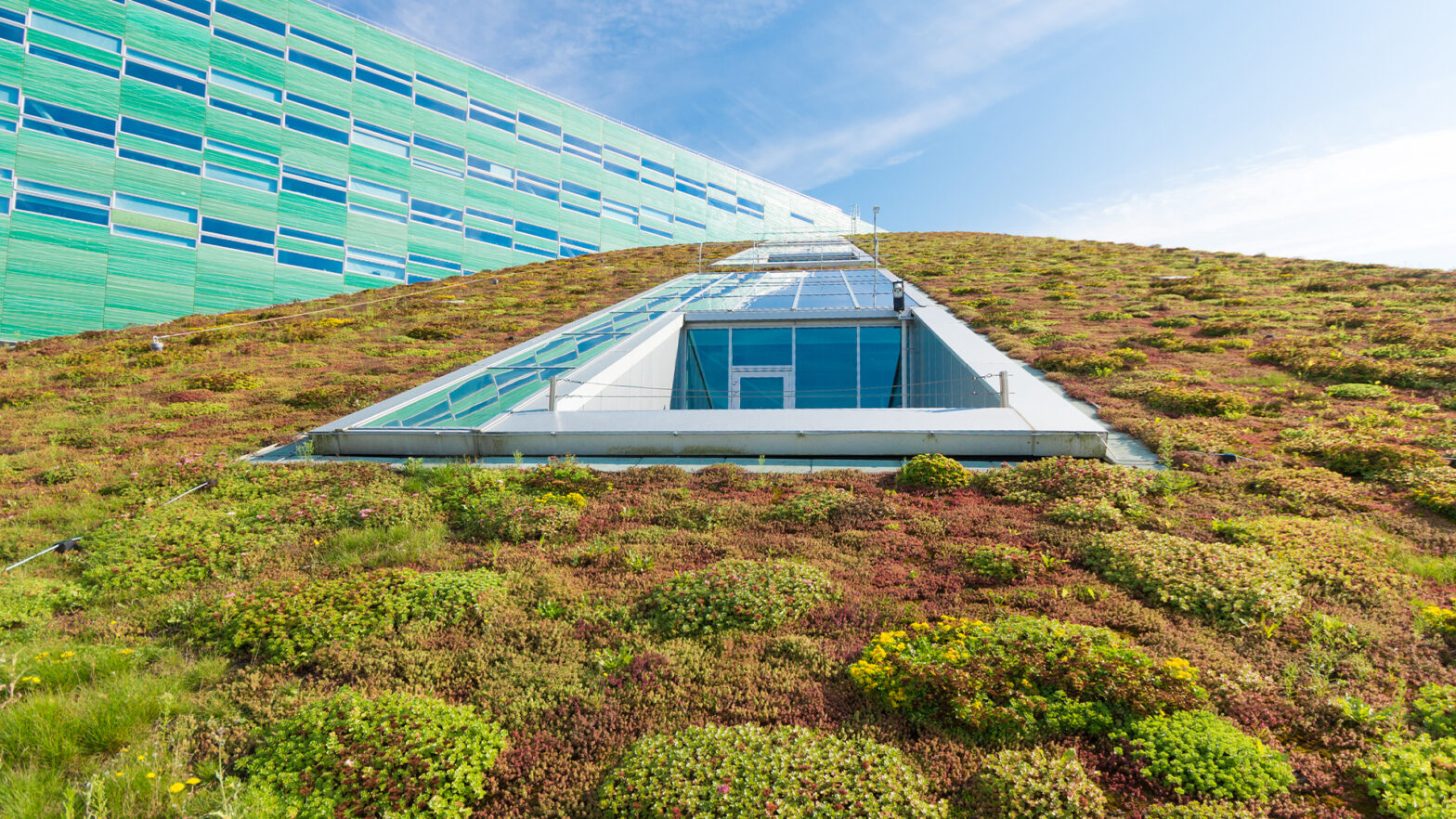Despite being overshadowed as a result of the coronavirus pandemic, one of the biggest challenges the UK still faces is climate change. As our populations and economies grow, the environment is feeling the strain of our increased energy needs. This means we all need to look for ways to reduce our carbon footprint, and quickly.
For many of us, this journey towards a greener way of life has already started, whether that’s choosing to recycle, reducing the amount of plastic we use, using LPG or even turning down the thermostat in our home by one degree – there’s a growing number of people dedicated to lowering their environmental impact.
Yet more action is needed. Last year the UK government announced plans to achieve ‘Net Zero’ status by the year 2050, a target which aims to stop the UK from contributing to the increase of CO2 in the atmosphere. However, public awareness on how this will be achieved is still lacking. In fact, a report from the Citizen’s Advice Bureau found that just 38 per cent of us are aware we’ll need to change the way our home is heated if we’re to achieve this goal.
The result is that, until we are entirely carbon neutral, we’ll be unable to avoid creating a carbon a footprint on some scale. From heating our homes and offices, to driving our cars or even making a cup of tea, it’s inevitable that we can’t always live up to the green standards we’d like to.
For those looking to combat these inescapable emissions, there is a solution – and it’s called Carbon Offsetting. Here, we look through the benefits and how it can help us lead a greener life.
What is Carbon Offsetting?
Carbon Offsetting provides an answer to the day-to-day emissions we create that can’t be prevented. A process in which people compensate their emissions by funding projects that provide sustainable development in communities around the world. These projects offer an equivalent reduction in emissions to those you create; either counteracting or absorbing carbon dioxide and bringing balance to the environment.
It’s a strategy that’s already been adopted by many big brands from around the world, including the likes of EasyJet, Shell and Gucci, who all now use Carbon Offsetting to help improve the environmental impact of their businesses.
Why is Carbon Offsetting important?
Carbon Offsetting is important because it allows people to make a positive contribution to the environment when their emissions can’t be avoided.
In addition, the increased funding these causes receive can change lives, bringing economic, social and health improvements to whole communities. With people at the heart of Carbon Offsetting, as well as ecosystems, it allows us to begin future proofing for a cleaner, greener world.
Why should I choose to Carbon Offset my emissions?
We all have a part to play in achieving a low-carbon future and for homeowners, this means being given the chance to balance their carbon footprint. For the environmentally conscious and those looking to reduce their impact on the climate, Carbon Offsetting gives them the tools to make a difference. Whilst it shouldn’t be used as a stand-alone approach and is best used as part of a wider carbon reduction strategy, it will help people reduce their impact on the environment.
How do I offset the carbon emissions I can’t control?
The beneficiaries of Carbon Offsetting could be anything from helping some of the poorest households in West Africa to access eco-friendly cooking equipment, to supplying clean hydroelectric power to the local grid in rural China, the options are diverse. One example is the Kariba REDD+ Forest Protection project in Zimbabwe, Africa. Since its launch in 2011, it’s avoided more than 18 million tonnes of carbon dioxide from being released into the atmosphere and has prevented deforestation in an area of nearly 750,000 hectares.
While Carbon Offsetting might not be the only answer, it’s part of a much bigger solution. It’s true that many of us are already doing our bit in all areas of life to reduce our carbon footprint but choosing great initiatives such as Carbon Offsetting is yet another step in the right direction. By supporting worthy sustainability projects that deliver quantifiable greenhouse gas reductions, we can all play our part in securing the future of the planet.































